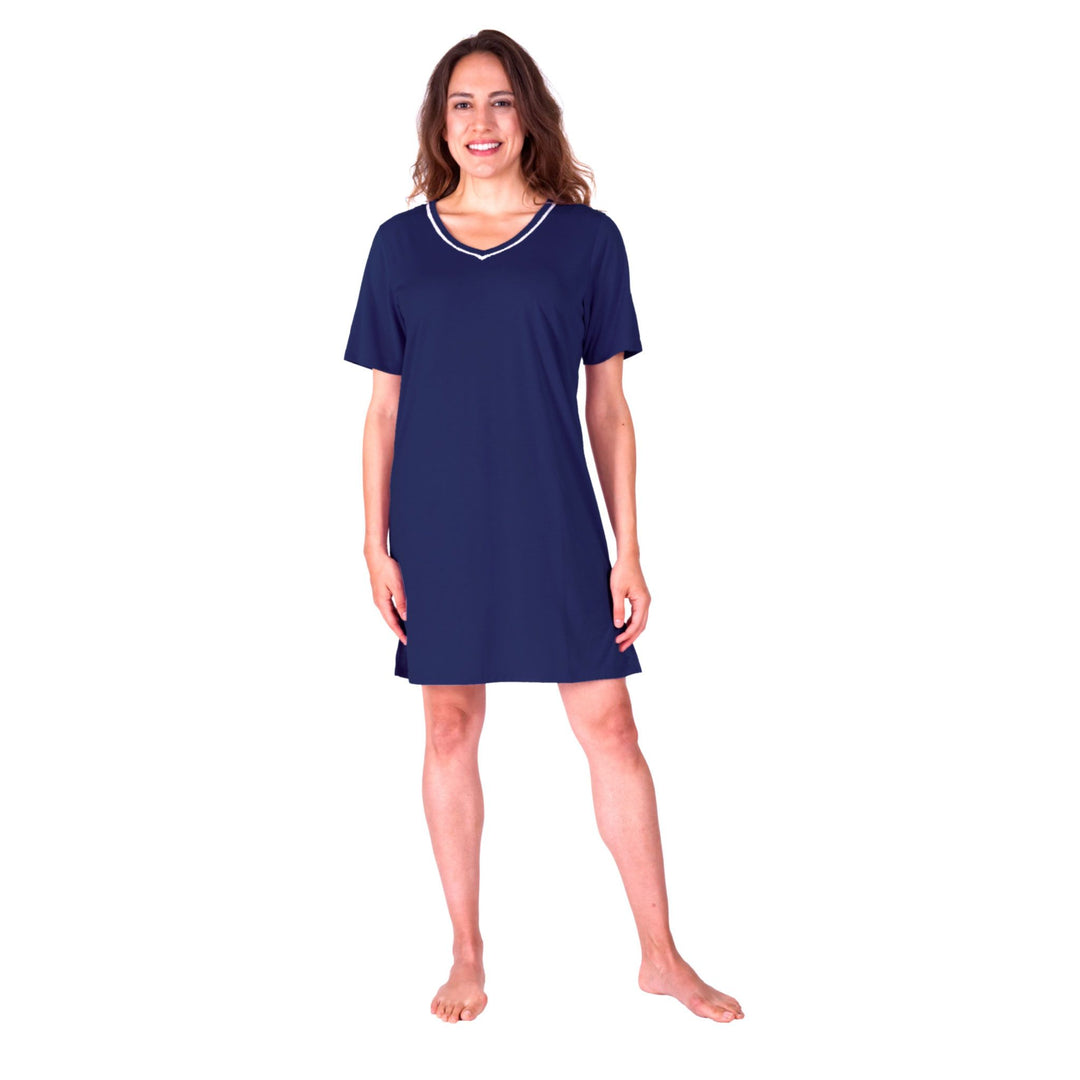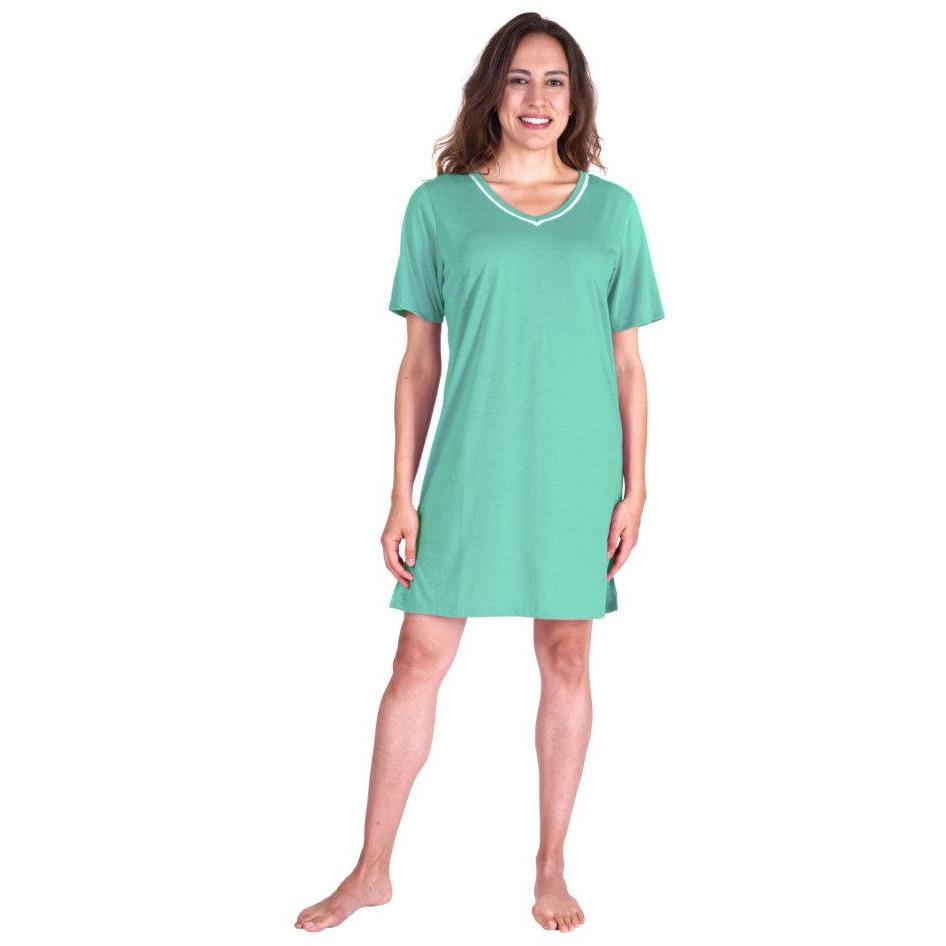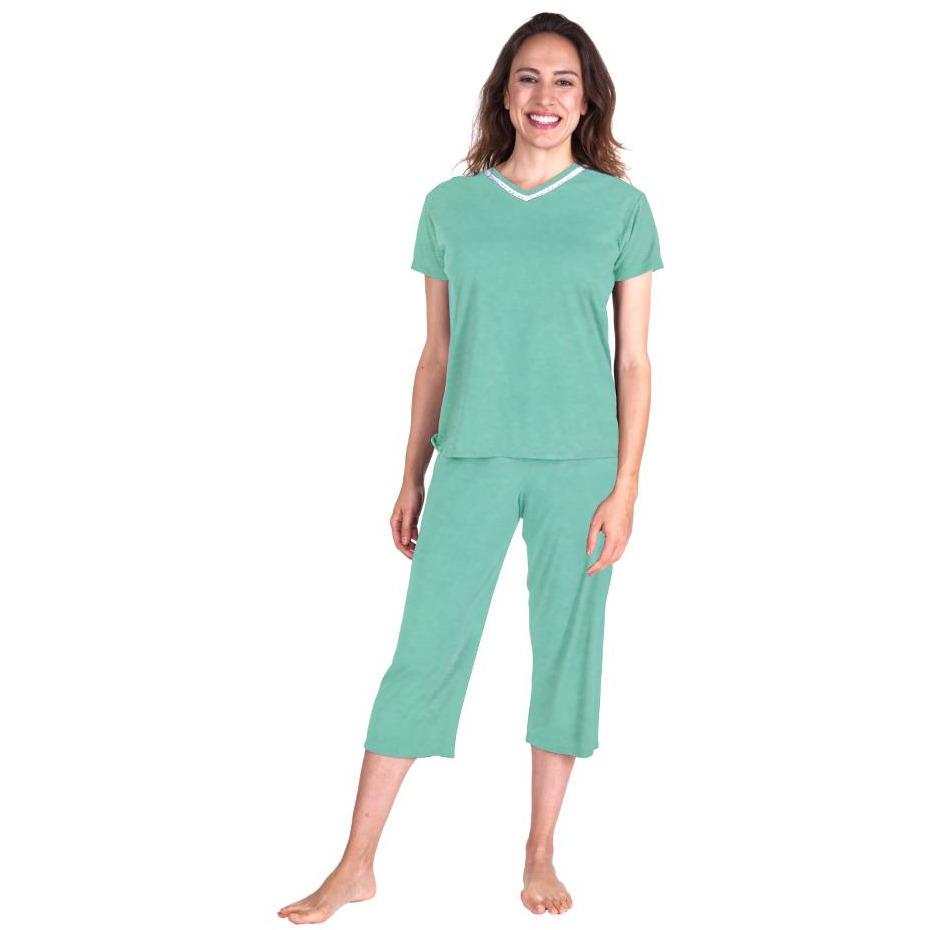Why is Hormone Replacement Therapy (HRT) Used for Menopause?

Women going through menopause are often afflicted with a number of uncomfortable side effects, and in some cases, they can also be affected by bone loss, and other, more serious changes. In order to prevent these side effects, some doctors may recommend menopausal hormone therapy, a treatment that some medical professionals say can relieve menopausal symptoms and even out a woman’s declining hormone levels.
Normally, Hormone Replacement Therapy (HRT)involves doses of estrogen alone, estrogen plus progesterone, or estrogen plus progestin. The hormones used in these treatments aren’t the ones naturally produced by a woman’s body, but are rather taken from plants or animals or grown in a laboratory. Menopausal hormone therapy is administered via a pill, a skin patch, or even a cream. All of these official treatments are approved by the Food and Drug Administration, but because some people believe that HRT causes cancer, there are also “bio-identical hormones,” which are sold without a prescription and believed to be more natural.
Despite the uncertainty surrounding the side effects of HRT, there are also many benefits. Studies show that HRT users show one-third fewer hip and vertebrae fractures, as well as a one-third lower risk of colorectal cancer and 23% reduced chance of breast cancer.
Before going into HRT therapy, women should know about its risks. In many cases, HRT using estrogen alone shows an increased risk of endometrial cancer in women who had not undergone a hysterectomy and still had a full uterus. HRT is also associated with urinary incontinence, dementia, stroke, blood clots and heart attack. Women who took estrogen with progestin were also at a higher risk for breast cancer.
For women who want to prevent these negative side effects of menopause without undergoing HRT, there are more natural ways to stay healthy. Eating a diet that is rich in calcium and Vitamin D will help to prevent osteoporosis, while medications used to prevent seizures and depression are shown to help with hot flashes.







